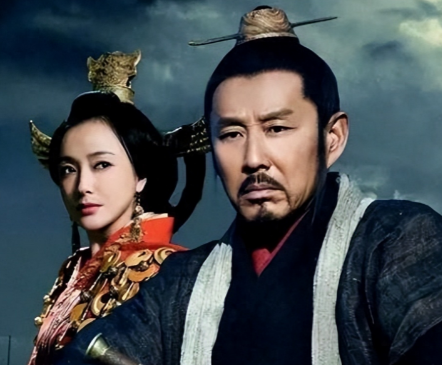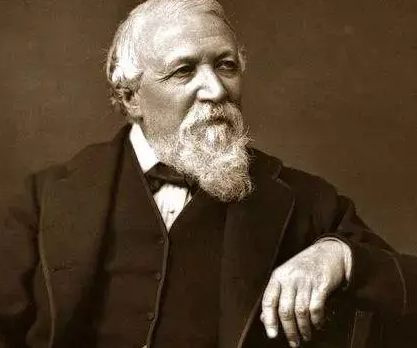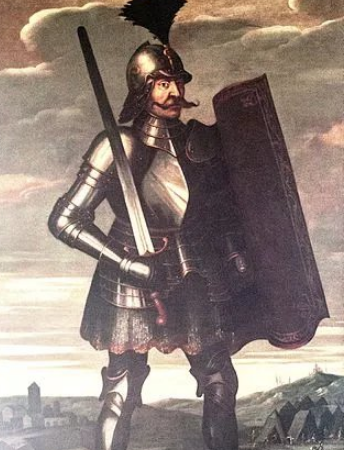In the history of the Qing Dynasty, He Shen was a controversial figure. He was a powerful official during the reign of Qianlong, serving as a Grand Councilor and Prime Minister, but ultimately was executed for his excessive greed. What impact would it have on the political situation of the Qing Dynasty if the wheel of history had turned slightly and Emperor Jiaqing had chosen to reuse He Shen? This article will make reasonable speculation based on this assumption.

I. The Political Influence of He Shen
He Shen was a powerful official during the Qianlong period, playing important roles in financial management, foreign relations, and the personal affairs of the emperor. Although his power ultimately led to personal decadence and the loss of the dynasty, it cannot be denied that He Shen had exceptional abilities in handling government affairs.
II. Possible Consequences of Reusing He Shen
If Emperor Jiaqing had chosen to reuse He Shen, there may have been several consequences:
1. Political Stability: He Shen was familiar with court politics and had the ability to coordinate various forces, which may have brought a certain degree of political stability to the new emperor.
2. Economic Reform: If He Shen had learned from his mistakes, he may have implemented effective economic reform measures to restore the health of the national finance.
3. Anti-Corruption and Promotion of Integrity: After experiencing the painful lesson of being investigated and punished, He Shen may have become more focused on personal image and the interests of the court, committed to fighting corruption.
4. Legal Construction: He Shen may have used his political experience to assist Emperor Jiaqing in strengthening legal construction and improving government efficiency.
III. Risks and Challenges
However, there were also significant risks in reusing He Shen:
1. Concentration of Power: He Shen may have become a symbol of power again, leading to an overconcentration of power and threatening the imperial authority.
2. Corruption Issues: Even if He Shen had initially toned down his behavior, long-term power may have caused him to return to his old habits and triggered corruption issues again.
3. Resistance from the Bureaucratic System: Other officials may have been wary of He Shen and unwilling to cooperate with his work, causing internal friction within the bureaucratic system.
IV. Conclusion
While we cannot know how the trajectory of history would have changed, it is certain that reusing He Shen would have been a double-edged sword. It may have helped Emperor Jiaqing stabilize the political situation and promote reform, but it may have also led to new crises due to the expansion of power and personal greed. In the flood of history, every ruler's choice is full of variables, and behind every decision is a balancing act between unpredictable risks and opportunities for the future.
Disclaimer: The above content is sourced from the internet and the copyright belongs to the original author. If there is any infringement of your original copyright, please inform us and we will delete the relevant content as soon as possible.
































